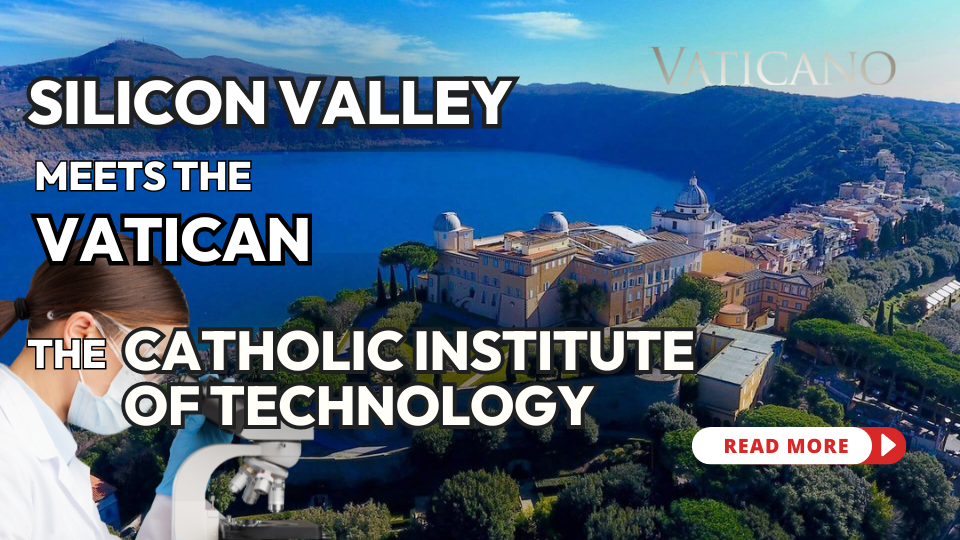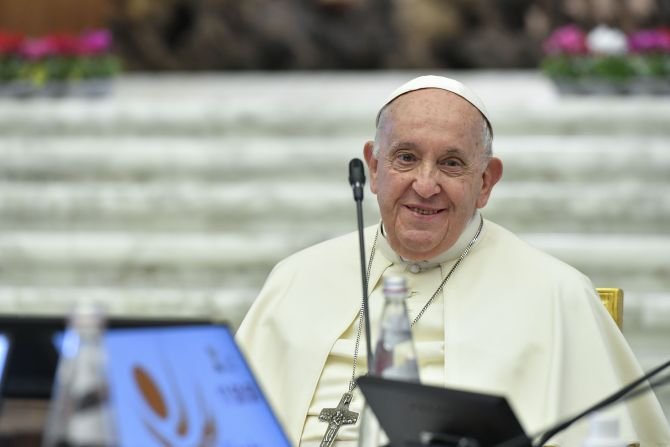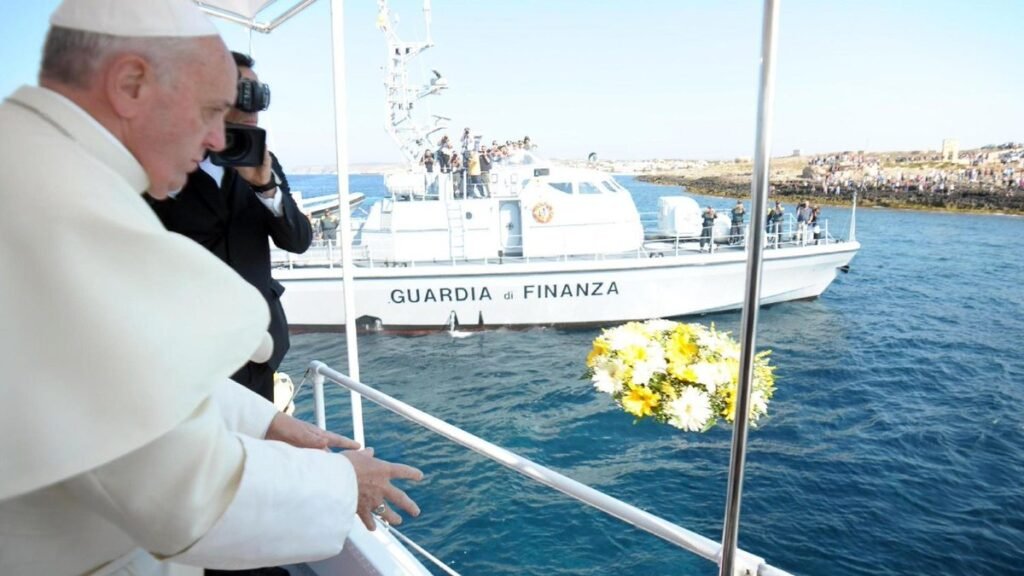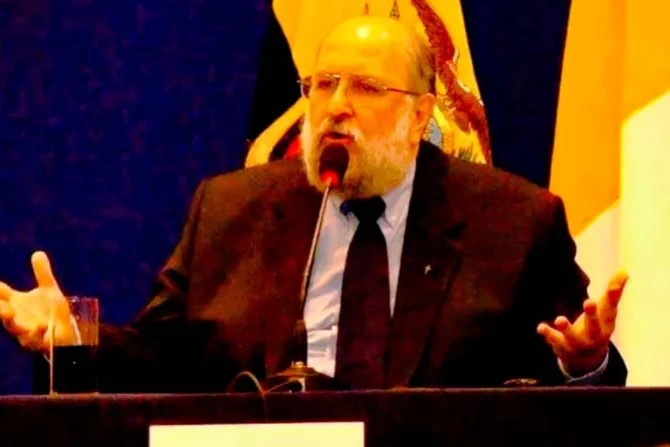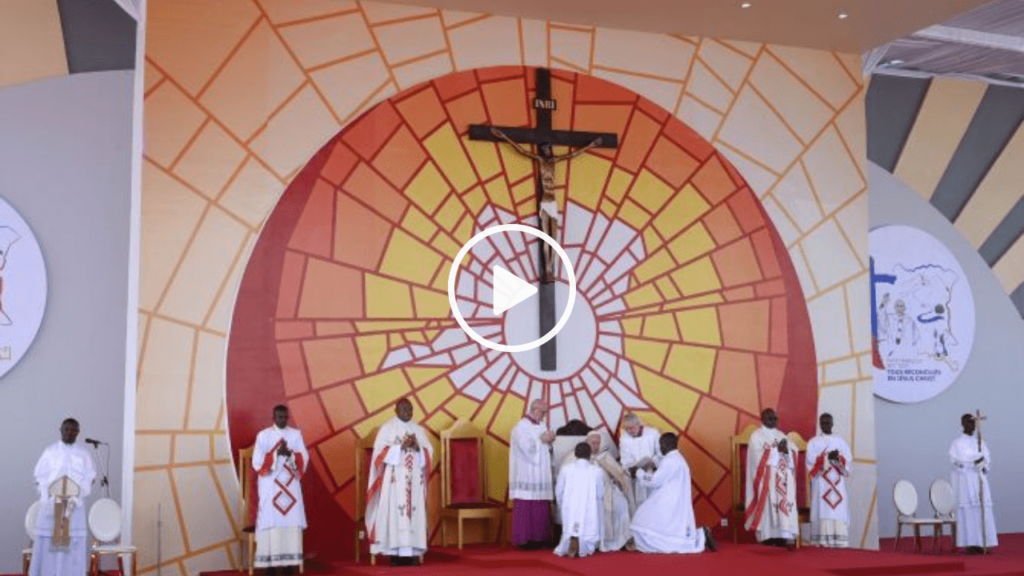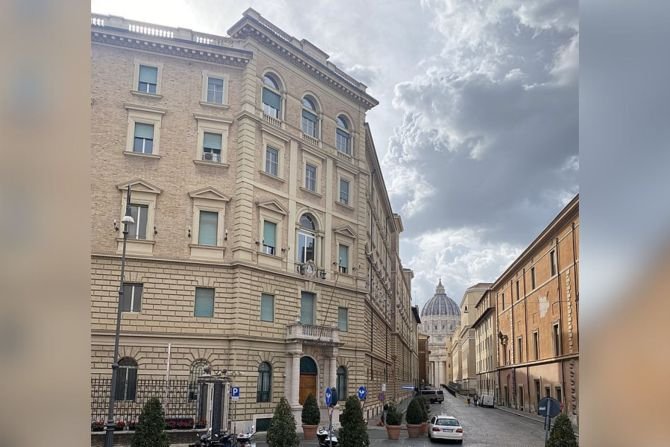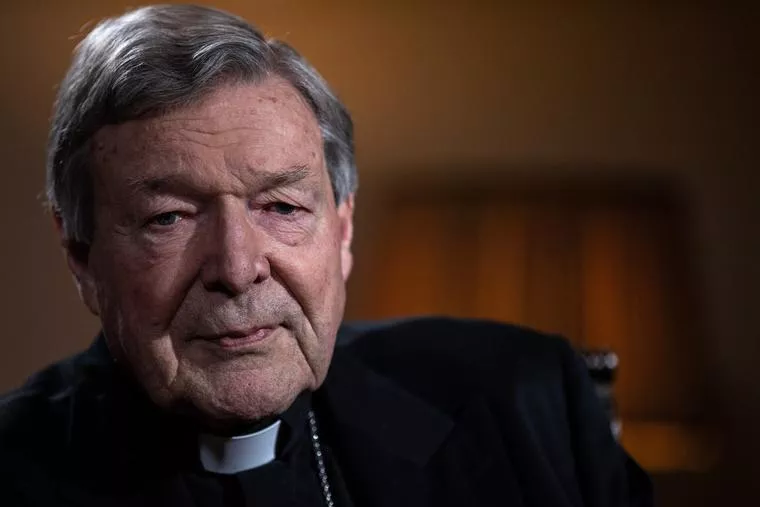Located an hour away from Rome, the Catholic Institute of Technology is a brand-new American university tucked away in the scenic Alban Hills of Castel Gandolfo underneath the watchful gaze of the Vatican’s Observatory, one of the world’s oldest observatories.
Bishop Arthur Kennedy, President of the Catholic Institute of Technology, recalled that “The Catholic Church really was the leadership in the development of knowledge and the sciences from the beginning.”
William Haughey, Co-Founder of the Catholic Institute of Technology, spoke with EWTN Vatican about the Institute’s origins and recounted, “My wife and I were on our honeymoon, and we know one of the religious brothers at the Vatican Observatory. He invited us down to Castel Gandolfo, where we had never been before, and gave us a full tour of the Vatican Observatory. We just fell in love with the town, and during that tour, he walked us through how this was the historic hub for Catholic scientific innovation. Still to this day, and historically, it is the only place the Vatican directly funds scientific research.”
The location of the Institute was apparent to Haughey. He said, “We realized, if we’re going to have one scientific and technical research university for the Catholic Church, it should be at the heart of it here in Rome.”
Catholic Tech aims to carry on the Church’s mission of scientific discovery and knowledge through education and to create the next generation of saints, scholars, and scientists.
They recently had a ribbon-cutting ceremony to inaugurate the campus. Fr. Michael Baggot, L.C., is one of the university’s professors, and he will teach both theology and bioethics.
Fr. Baggot explained, “Many of our professors are coming from Silicon Valley or from institutes that are somehow tied to Silicon Valley, and they’re bringing their expertise and experience here in Rome.”
Father Baggot noted that this is significant. “We think it’s very important in Castel Gandolfo to have this symbolic image of how the Church is unafraid of science and actually is willing to take the initiative in seeing how best to use it.”
Scientific discoveries and technological progress have reshaped many aspects of society and forced people to confront new ethical situations. From bioethics to artificial intelligence, science is often forcing us to pose hard questions, and oftentimes, the Church seems late to the table.
Pope Francis often speaks of the importance of aligning human values with technological innovations. In one such example, in The Pope Video initiative, he encouraged, “Let us pray that the progress of robotics and artificial intelligence may always serve humankind.”
Catholic Tech’s curriculum is specifically designed to integrate the rigors of technical education with a moral and spiritual formation in the Catholic faith to respond to these ethical challenges.
The long-term vision behind Catholic Tech is to serve as an engine to ignite a wave of Catholic startups.
Alexis Haughey, a Member of Catholic Tech’s board of trustees, shared, “We really want to create a Catholic innovation ecosystem, and we will call it the ‘Silicon Crater’ because Castel Gandolfo happens to be on an old volcanic crater, and I think it’s kind of a cute name. But, you know, at the center of any of these great technology ecosystems is a major research university.”
William Haughey, Co-Founder of the Catholic Institute of Technology, explained the formative aims of the Institute. In their curriculum, he explained, “We have a strong focus on engineering. It’s a Bachelor of Science in five different engineering disciplines and biology. But first and foremost, we’re forming Catholics. Everyone will graduate with a minor in philosophy and theology. We talk about our STEM faculty a lot because they come from very prestigious universities, but really even more important is our humanities faculty, our philosophy and theology.”
Equipping Catholics to be confident in their faith and in the public sphere is one of the major tasks of a Catholic university.
Lílian Santos, Ph.D., Professor of Philosophy & Bioethics, highlighted the forward thinking of the Church, saying, “I think that people and the world, other denominations and other religions, need to see Catholics that are willing to participate in a public dialogue, look for the good of humanity in society, and we have a great tradition on that, and I think we need to share it.”
Catholic Tech aims to fill the gap in the university landscape—a home where Catholic scientists and engineers could study. Alexis Haughey noted this universality, explaining, “Catholics come from all over the world to innovate. I think that’s so important to what we’re trying to do in our mission.”
William Haughey spoke to the urgency of such a program, “Why do we need one?” he asked. “Because that’s good for the Church. To be an asset to the Universal Church is invaluable. To bring industry here. They can aid in those conversations. It can only be an objective good.”
“And there’s nowhere else in the world that’s doing this,” Alexis Haughey said. “Being this university where Catholics, scientists, and engineers can go.”
Admissions are still open, and the campus will welcome its first batch of students this Fall.
Adapted by Jacob Stein

